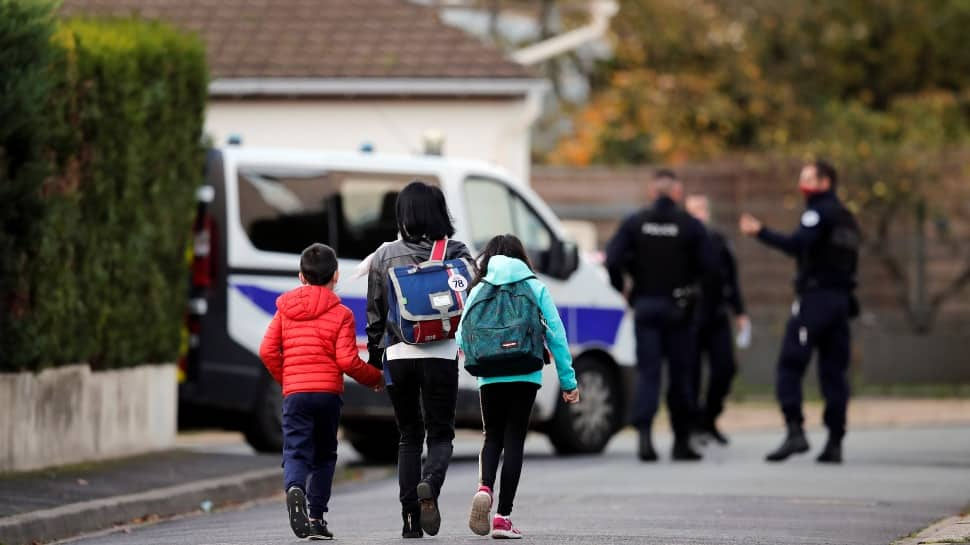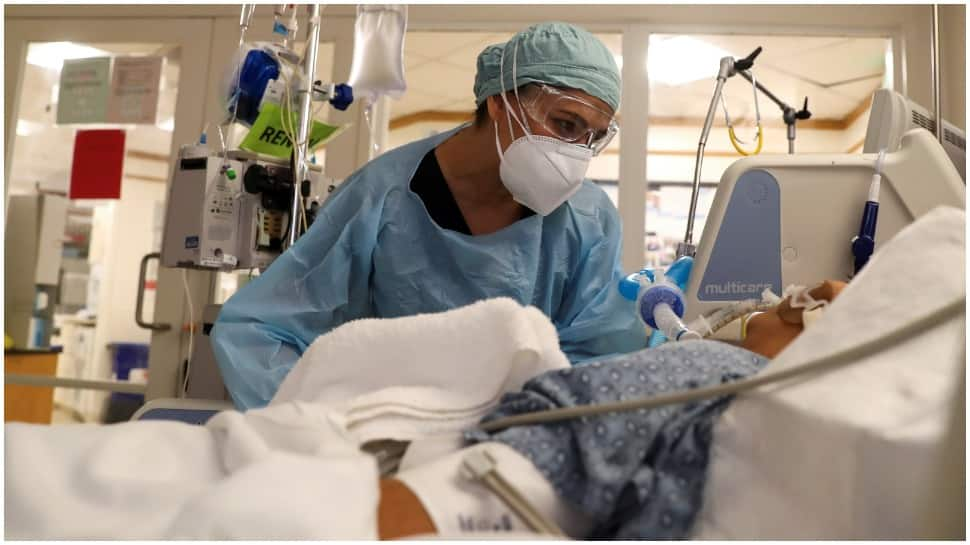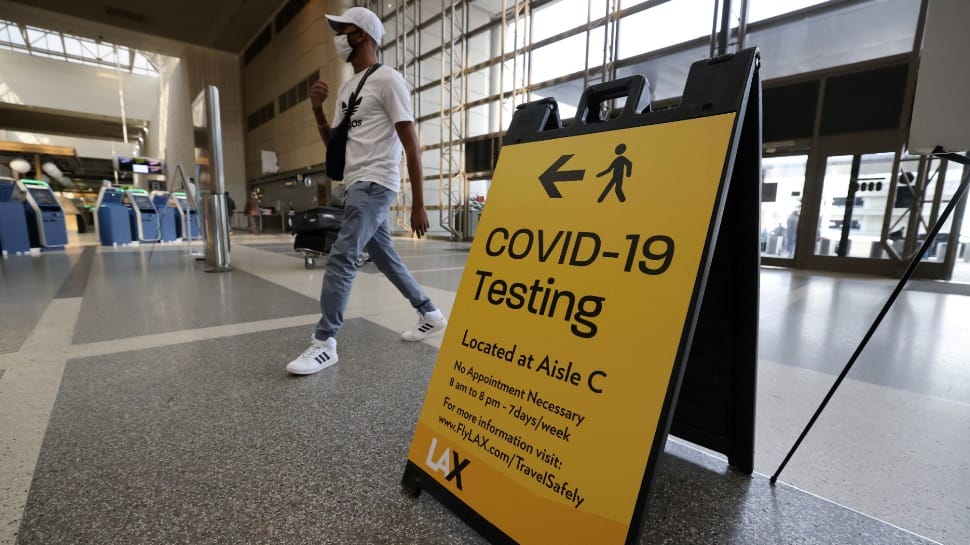But experts and even HCWs, raise questions on efficacy, transparency, and lack of data.
People will not have a choice between the two COVID vaccines that will be rolled out on 16th January across India. Speaking at a press conference on January 12, the Union Health Secretary Rajesh Bhushan gave examples of how vaccines have been rolled out around the world.
"In no country is there an option available regarding choice of vaccines. We would be staggering our supply orders," he said.
Even as over 45 countries have started the process of inoculating its populations against the novel coronavirus, many have run into problems linked to supply and sluggish distribution.
Elaborating on this, Dr VK Paul, member (health),Niti Ayog, said, "All the vaccines in the world used currently against COVID-19 have been cleared under the emergency-use framework. As we go ahead, we will have more options. India has also been able to get these vaccines at very competitive prices.’’
But experts and even HCWs who are first in line to get the vaccine, raise questions on efficacy, transparency, and lack of data.
Covaxin No Longer a 'Back Up?'
On January 13, Covaxin doses, manufactured by Bharat Biotech, reached 10 cities across the country. The government has inked a deal with the pharma major for nearly 55 lakh doses, at a cost of Rs 295/dose. Of these nearly 17.5 lakh doses will be provided for free.
At the time of the approvals given to the two vaccines, various experts, including Dr Bhargava and Dr Randeep Guleria of AIIMS had said that Covaxin will remain a 'back up' till its efficacy data from the ongoing phase 3 trials is made available.
Covaxin was given a restricted approval by the Drugs Controller General of India, coded in a complicated language: “Grant of permission for restricted use in emergency situation in public interest as an abundant precaution, in clinical trial mode, to have more options for vaccinations, especially in case of infection by mutant strains.”
Speaking with FIT at the time, Dr Guleria had said, "If one reads what’s been shared, the vaccine has been approved for ‘emergency situation out of abundance of precaution.’ I think because of what is happening in the US, UK and Europe, if India has a surge in cases, and an emergency situation arises, we will need more doses and there is no drug available, then this vaccine may be made available. Otherwise it will be Covishield that will be used."
With the vaccine roll-out starting on January 16, and both Covaxin and Covishield already dispatched, it's clear that for the government, Covaxin is no 'back up,' a term that had at the time irked Dr Krishna Ella, CEO of Bharat Biotech.
The government has defended its stance, with Dr Paul saying the vaccine has been tested on "1000s of people and it is safe."



